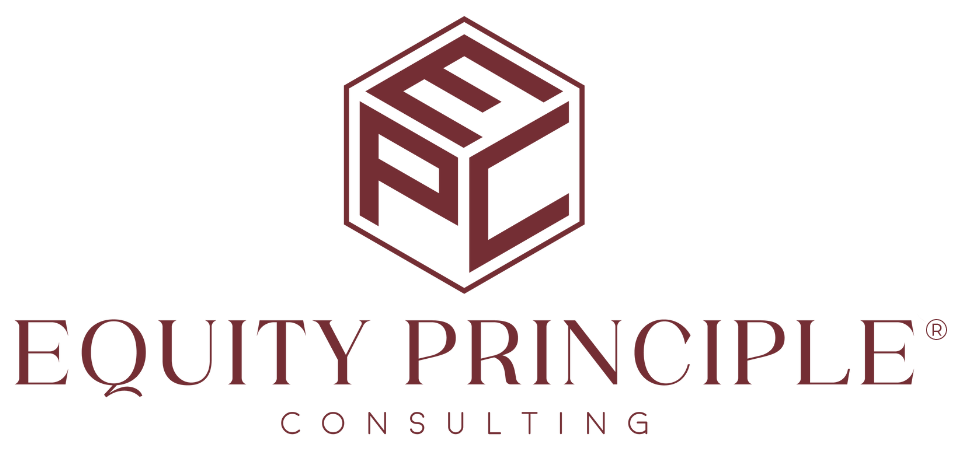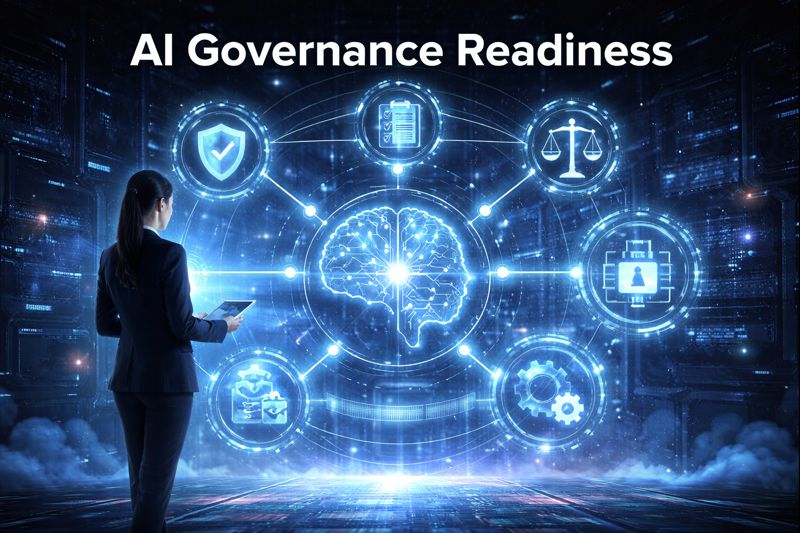AI Decision Consistency: Why Your Teams Are Making Different Calls on the Same AI
Two teams in your organization. Same AI system. Identical inputs. One team’s decision goes one way. The other team’s goes differently. No documented reason why. No clear logic for the inconsistency. Your processes look chaotic. Your decision-making looks arbitrary. And you have no way to explain it. That’s when you realize you’ve lost control. And…
Read MoreAI Governance Readiness: When Your Enterprise Deals Start Stalling
Your AI is in production. Real customers are making decisions based on it. Your board thinks you have governance in place. You do…in theory. In reality, you’re running without a net. You moved fast. You had to. But you built oversight after you deployed instead of before. Now your customers are using systems you’re still…
Read MoreVendor AI Accountability: Why You Can’t Just Trust the Black Box
You’re relying on a vendor’s AI to make decisions that matter. You trust their model. You implement it. Your organization is accountable for the outcomes. That’s vendor AI accountability… and it’s broken when you can’t see what’s happening. But you can’t get inside the logic. You don’t know what data shapes the recommendation. You don’t…
Read MoreYou Can’t Defend What You Haven’t Designed: AI Risk Management with ANCHOR
Picture this: Your team deployed an AI system three months ago. It worked beautifully—until a customer received a denial, escalated to your CEO, and asked a simple question your leadership team couldn’t answer. “Why did your system deny my application?” You looked at the code. The data. The documentation. And you realized: you couldn’t actually…
Read MorePolitics Has Always Belonged in the Workplace; You Just Didn’t Call It That
“Politics don’t belong at work.”That’s what they say… usually right after someone brings up race, gender, reproductive rights, or safety. And for a while, that sentiment flew under the radar. For decades, it even sounded reasonable. But here’s the truth: Politics have always shaped the workplace. We just didn’t call it that. Why Politics in…
Read More





